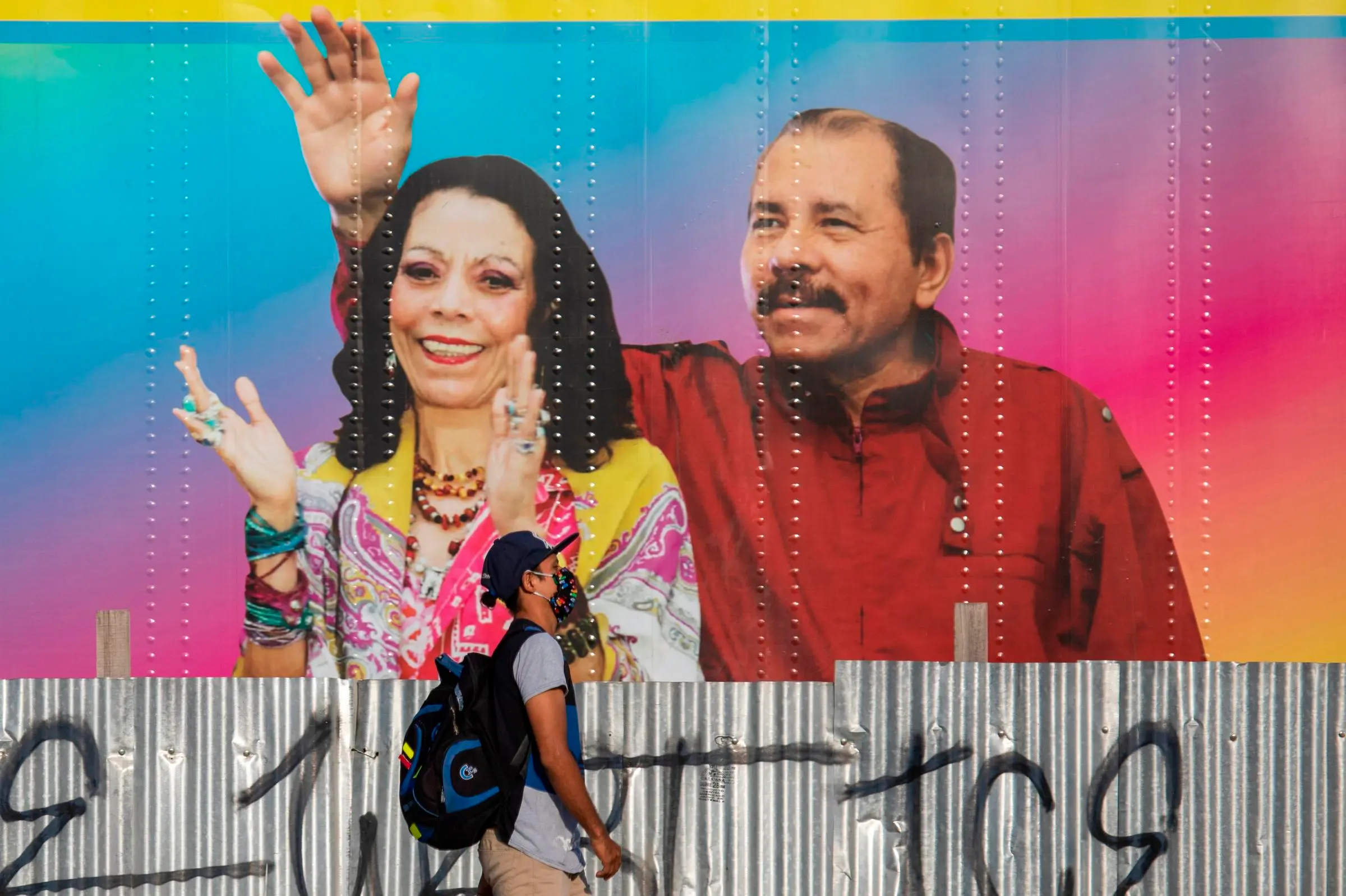In Nicaragua, Vice President and First Lady Rosario Murillo tightened control over the Supreme Court.
This happened after the police acted on October 24th. Reports from local news have detailed this without outside confirmation.
Nicaraguan websites say the Court’s chief, Alba Luz Ramos, was deposed and home-confined.
Murillo, who speaks for her husband’s regime, ordered other judges to step down. This action strengthens the government’s hold on judicial power.
President Daniel Ortega has ruled since 2007, with an earlier term from 1985 to 1990. He returned to leadership in 2007.
With the judiciary’s support, Ortega managed to bypass constitutional limits. He ran for re-election in 2011, 2016, and 2021.
The government has intensified the crackdown on critics in the last three years.
Before the 2021 elections, they arrested five potential presidential candidates, accusing them of a coup plot.

The Ortega administration has yet to speak on the judicial takeover.
This control over the judiciary by Nicaragua’s leadership highlights regional trends. It also raises concerns globally.
Strong judiciaries prevent the overreach of executive power. They ensure justice for all. With these shifts, the international community remains alert.
They watch how Nicaragua’s decisions will influence the area’s stability and democratic health.
Background
Murillo’s move aligns with a pattern of consolidating power in Ortega’s regime. Ortega’s tenure has seen the blurring of state and judiciary boundaries.
Historically, Ortega’s Sandinista party has a complex legacy in Nicaragua. It once fought against dictatorship, only to face criticism for authoritarianism today.
Regionally, such power grabs threaten Latin America’s democratic fabric. They mirror past regional struggles between authoritarian rule and democracy.
Globally, these actions challenge the principles of international governance standards.
They underscore the importance of vigilant global oversight in safeguarding democratic processes.

